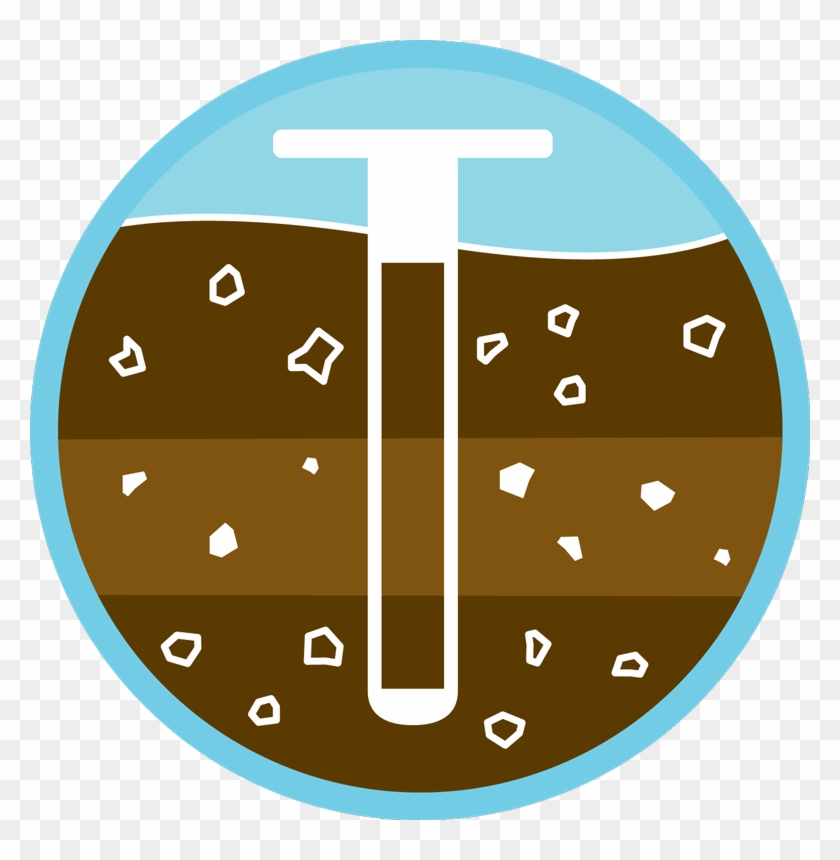I have a few pots of soil I made myself on my balcony, and I wanna test following things:
- pH: I already have a pH testing rod for soil, but it seems to be very inaccurate.
I also have a proper digital pH meter for my hydroponics, which is way more accurate. How do I test the soil in the liquid form? Are there any standards, so it is more comparable? - Composition: Ratio of organic vs inorganic stuff, and also the water retention and aeration.
- Microbial and biological fingerprint: I saw a huge amount of earthworms last year, but this year, none at all. Did my ants kill them? Are they still there, but just beneath the soil?
How well do the microbes feel? How active is the soil? - Decomposition grade (I’m reusing the soil from the last years): how drained and compacted is my soil already?
- Are there harmful nematodes or whatever in there?
- The ratio of Calcium and Magnesium compared to other ions (I suspect nutrient lockouts due to tap water)
- etc.
As a background, I’m a “chemist” and also have some skills, chemicals and equipment average people may not have.
Here are some pictures :)
The blackberry with deficiencies:


And some pics of dirt from different pots. The top layer may look different than the what’s below.



Are you doing this out of scientific learning or just need it done? If you just need it done contact your local university’s cooperative extension. They usually will do soil testing for free or a small fee. Once they test it they will give you a printout for what you need to do to amend the soil.
Out of curiosity. I want to see how decomposed and compacted the soil is in particular, because I don’t know if it can be considered “spent” someday.
They’ll be able to give you a readout of everything important to plant growth. The cooperative extensions are full of soil and plant nerds. It’s where I learned composting.


